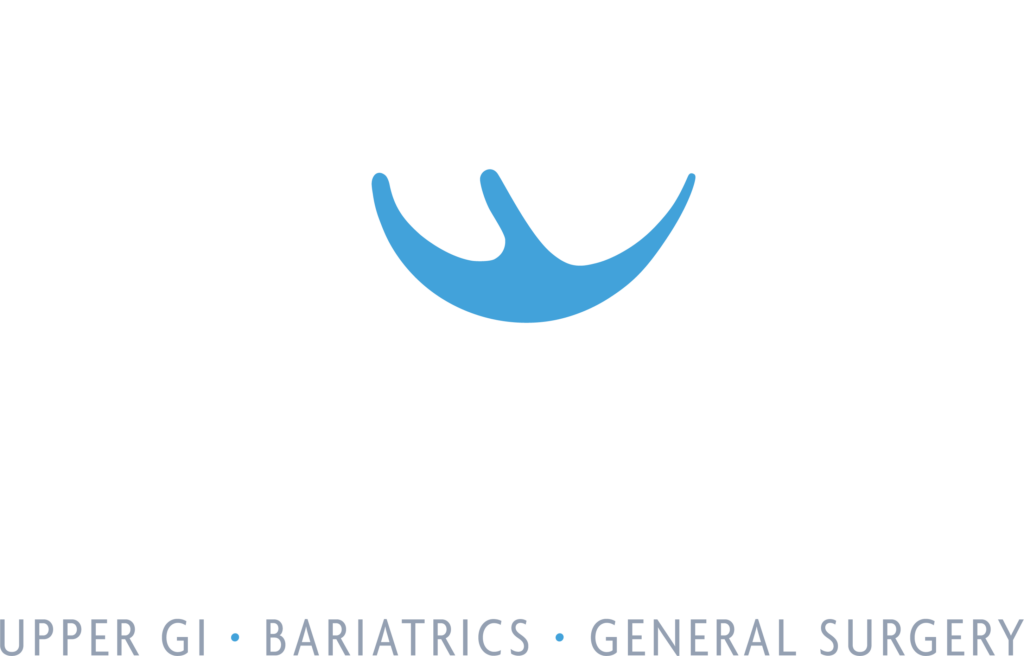Have you considered non-surgical weight loss options?
Before undertaking bariatric surgery, it may be worthwhile considering non-surgical weight loss options. These may include more traditional weight loss methods such as dietary changes, exercise prescription/regimes, and pharmacotherapy (medications).
As medical practitioners learn more about the treatment of obesity, they have discovered that this disease is chronic and progressive, and not one single intervention will work in isolation. Thus, it is important for long-term weight loss success that a multifactorial approach is developed.
Read on to find out how our team can provide weight loss support without the surgery.
Pharmacotherapy (medication)
Medication may be a successful way of reducing your weight, particularly if taken in conjunction with a healthy diet and regular exercise and can result in three to 15 per cent total body weight loss. Pharmacotherapy options can range from daily to weekly injections or oral medication. Like most medications, side effects can arise, and our team will discuss this with you.
Weight loss medications may also be prescribed following bariatric surgery if the patient has regained weight or had inadequate weight loss after their procedure. Pharmacotherapy options are continually evolving however there are several medications approved on the Therapeutic Goods Administration (TGA) for the treatment of obesity. Please speak with Dr Whiting about your options and if you are a candidate for pharmacotherapy options.
Structured dietary advice by our registered dietitian
Dietary factors play a significant role in the success of a non-surgical weight loss program. Working with an Accredited Practising Dietitian can provide you with expert nutritional advice based on your individual circumstances. Dr Whiting’s multidisciplinary team can provide expert dietary advice for patients looking at non-surgical weight loss options.
Psychological support and cognitive behaviour therapy
Psychological support and cognitive behaviour therapy (CBT) is a treatment that involves regular sessions with a therapist with the goal of developing positive habits and behaviours to implement strategies that aid in weight loss. CBT can be used to empower patients to see a situation differently, this could be as simple as changing thinking around missing out on food to seeing it as an opportunity to enjoy a smaller portion of something you really enjoy eating.
CBT can also help you set realistic goals for yourself and provide individualised techniques and strategies to manage your weight loss.
An individual approach for every patient
Dr Scott Whiting knows that the treatment of obesity is complex and multifactorial and it requires an individual approach with support from a multidisciplinary team.
Dr Scott Whiting and his team are committed to providing the highest quality care to support you on your health and weight loss journey.


